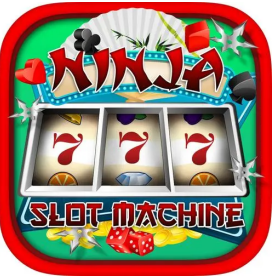
```html
Understanding the Popularity of Lucky Star
Lucky Star, a beloved anime series, has captured the hearts of viewers worldwide since its debut in 2007. Based on the four-panel manga by Kagami Yoshimizu, this slice-of-life comedy revolves around the daily lives of a group of high school girls. In this article, we will delve into the key elements that contribute to the show's enduring popularity and cultural significance.
1. Vibrant Characters
One of the primary reasons for Lucky Star's success is its memorable and diverse cast of characters. The protagonist, Konata Izumi, embodies the archetype of the otaku. Her quirky personality, love for video games, and pop culture references resonate well with audiences who can relate to her passions. Supporting characters like Kagami Hiiragi and Tsukasa Hiiragi add depth and variety, creating engaging dynamics within the group.
2. Slice-of-Life Appeal
Unlike traditional narrative-driven anime, Lucky Star employs a slice-of-life approach, depicting everyday situations and interactions among friends. This format allows viewers to connect with the characters on a personal level. The relatable scenarios—such as school activities, family dynamics, and social gatherings—make the show feel grounded and authentic, enhancing its appeal.
3. Cultural References
The series is rich with references to Japanese pop culture, including anime, video games, and otaku life. For instance, Konata's obsession with Gundam and other anime series serves as a bridge for viewers familiar with these topics. These cultural nods create an inside joke environment that fans cherish, making Lucky Star a treasure trove for otaku culture enthusiasts.
4. Humor and Wit
A hallmark of Lucky Star is its unique brand of humor. The dialogues are often filled with witty banter, puns, and comedic timing, which keeps the audience entertained. The humor is simple yet effective, often deriving from the characters’ personalities and the situations they find themselves in. The blend of light-hearted comedy with relatable themes results in a charming viewing experience.
5. Artistic Style
Visually, Lucky Star is characterized by its distinct animation style. The character designs are simple yet expressive, allowing for a wide range of emotional expressions. The colorful backgrounds and cheerful aesthetics further contribute to a light and uplifting atmosphere, making it enjoyable to watch. The art style complements the comedic elements, enhancing the overall impact of the series.
6. Community and Fan Engagement
Since its release, Lucky Star has fostered a strong fan community. Online forums and social media platforms buzz with discussions, fan art, and memes that celebrate the show. This active engagement not only sustains interest in the series but also attracts new viewers. It creates a sense of belonging among fans, further fueling its lasting impact on pop culture.
Conclusion
In summary, Lucky Star remains a significant piece of anime history due to its vibrant characters, relatable slice-of-life moments, cultural references, humor, artistic style, and a strong fan community. As viewers continue to discover or rewatch this iconic series, its influence on the anime genre is undeniable. Whether you’re an otaku or a casual anime viewer, Lucky Star offers a delightful experience that resonates across generations.
```
**Word Count:** 552 words.